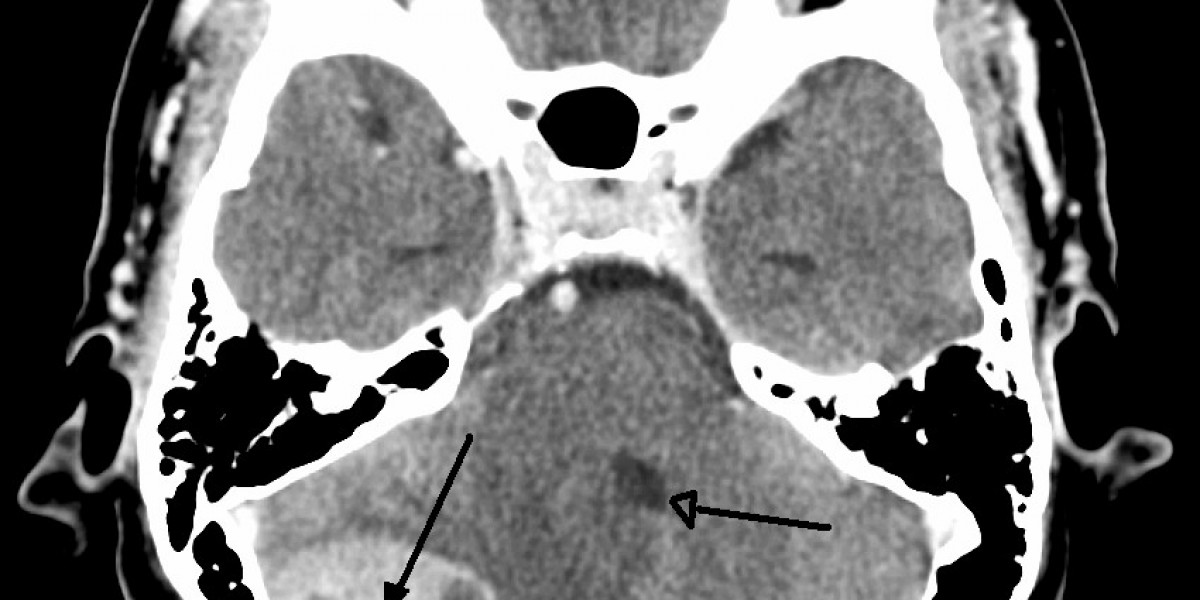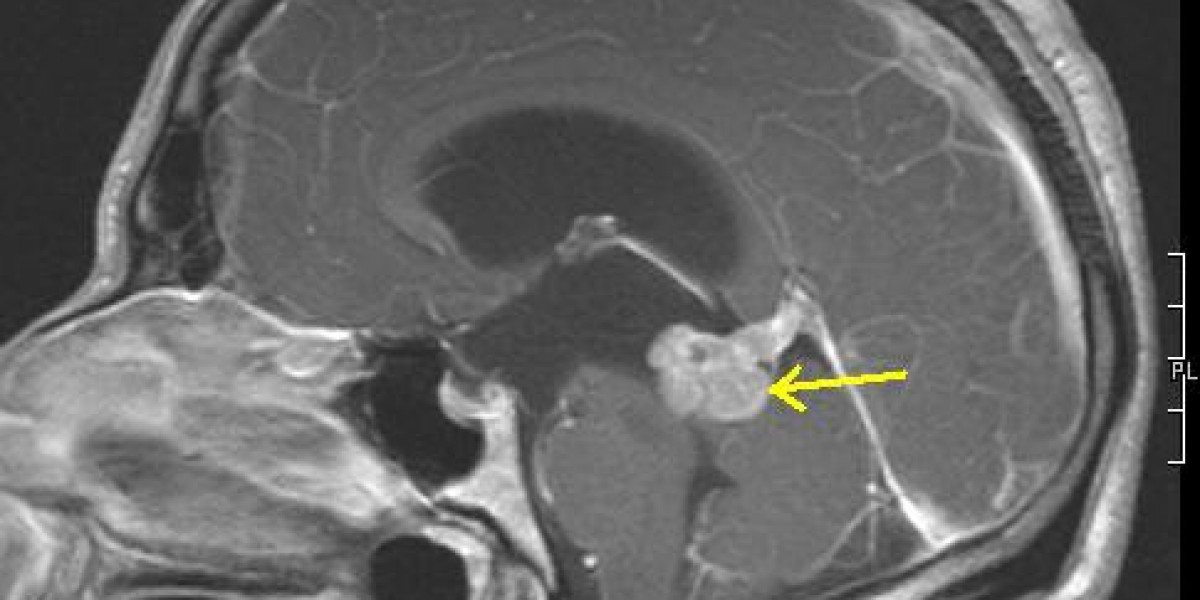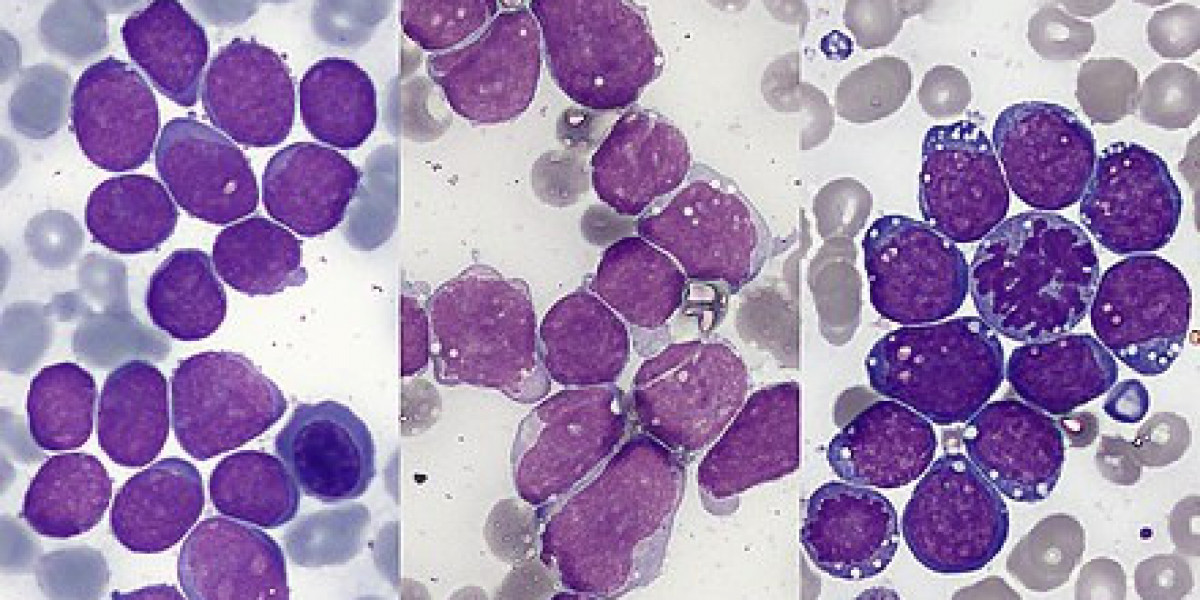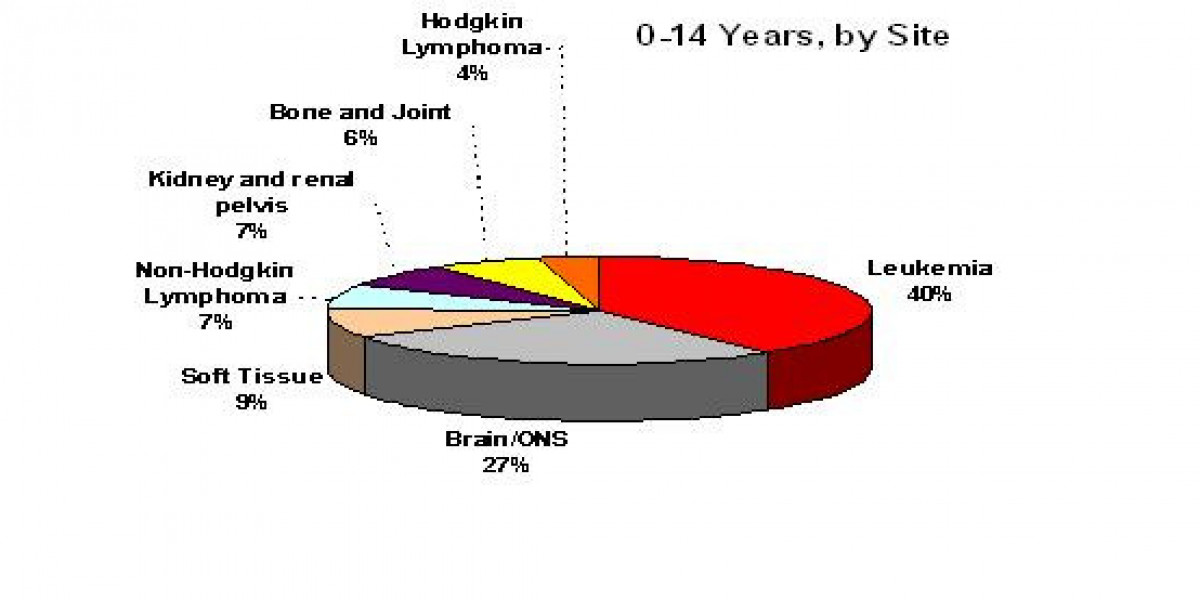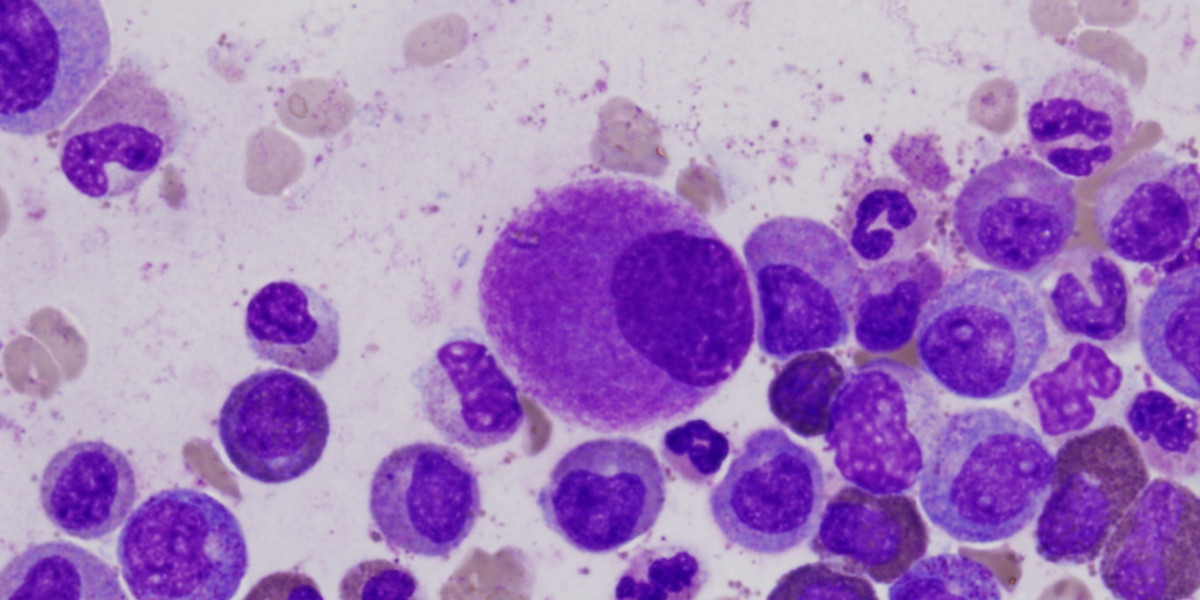A brain tumor is a mass or growth of abnormal cells in the brain or the surrounding tissues. Brain tumors can be cancerous (malignant) or noncancerous (benign). They can start in the brain (primary brain tumors) or spread from other parts of the body (secondary or metastatic brain tumors).
## Causes of Brain Tumors
The exact causes of most brain tumors are unknown. However, several factors may increase the risk of developing a brain tumor:
* **Genetics:** Inherited genetic syndromes like neurofibromatosis, tuberous sclerosis, and Li-Fraumeni syndrome can increase the risk of certain types of brain tumors.
* **Exposure to radiation:** High doses of ionizing radiation, such as radiation therapy for other cancers, can increase the risk of brain tumors.
* **Age:** The risk of most types of brain tumors increases with age.
* **Family history:** Having a close relative with a brain tumor may slightly increase your risk.
* **Environmental factors:** Exposure to certain chemicals, such as vinyl chloride, may be linked to an increased risk of some types of brain tumors.
## Symptoms of Brain Tumors
Symptoms of a brain tumor vary depending on the tumor's size, location, and type. Common symptoms include:
* **Headaches:** These may be severe, persistent, or worsen in the morning.
* **Seizures:** These can range from mild to severe and may be the first sign of a brain tumor.
* **Nausea and vomiting:** These may occur without any other apparent cause.
* **Vision problems:** Blurred vision, double vision, or loss of peripheral vision can occur.
* **Speech difficulties:** Problems with speaking, understanding speech, or finding the right words.
* **Weakness or numbness:** This may occur on one side of the body.
* **Balance problems:** Difficulty walking or staying coordinated.
* **Personality or behavior changes:** These can be subtle or dramatic.
## Types of Brain Tumors
There are many types of brain tumors, classified based on the type of cell they originate from, their location, and whether they are cancerous or noncancerous. Some common types include:
* **Gliomas:** These are the most common type of primary brain tumor and originate from glial cells, which support and protect nerve cells.
* **Meningiomas:** These tumors arise from the meninges, the membranes that surround the brain and spinal cord. They are usually benign.
* **Pituitary adenomas:** These tumors develop in the pituitary gland, a small gland at the base of the brain that produces hormones.
* **Acoustic neuromas (schwannomas):** These benign tumors grow on the nerve that connects the ear to the brain and can cause hearing loss, tinnitus, and balance problems.
* **Medulloblastomas:** These are the most common malignant brain tumors in children.
## Diagnosis of Brain Tumors
If a brain tumor is suspected, a doctor may order several tests to confirm the diagnosis and determine the type and location of the tumor. These tests may include:
* **Neurological exam:** This assesses brain function, including reflexes, coordination, and mental status.
* **Imaging tests:**
* **Magnetic Resonance Imaging (MRI):** This uses a magnetic field and radio waves to create detailed images of the brain and spinal cord.
* **Computed Tomography (CT) scan:** This uses X-rays to create cross-sectional images of the brain.
* **Biopsy:** A small sample of the tumor tissue is removed and examined under a microscope to determine if it is cancerous and what type of tumor it is.
## Treatment of Brain Tumors
Treatment for a brain tumor depends on several factors, including the tumor's type, grade, size, location, and the patient's overall health. Common treatment options include:
* **Surgery:** If the tumor is accessible and can be removed safely, surgery is often the first line of treatment.
* **Radiation therapy:** This uses high-energy beams to kill tumor cells or stop them from growing.
* **Chemotherapy:** This uses drugs to kill tumor cells or prevent them from dividing.
* **Targeted therapy:** This uses drugs that specifically target cancer cells, causing less harm to normal cells.
* **Immunotherapy:** This helps the body's immune system fight the tumor.
## Living with a Brain Tumor
Living with a brain tumor can be challenging, both physically and emotionally. The diagnosis and treatment can have significant impacts on daily life. Support groups, counseling, and other resources can help individuals and families cope with the challenges of living with a brain tumor.
